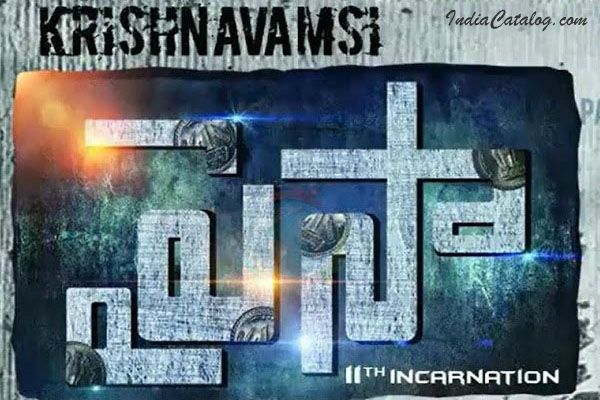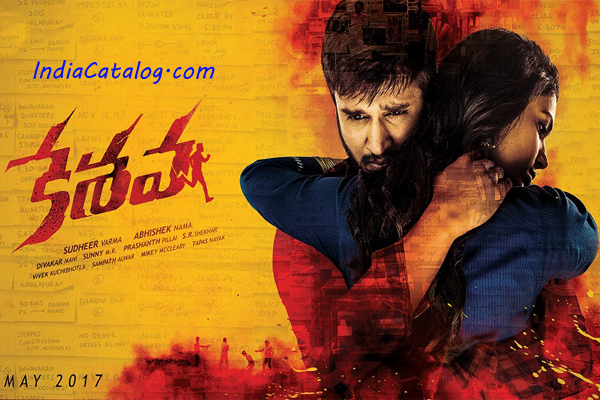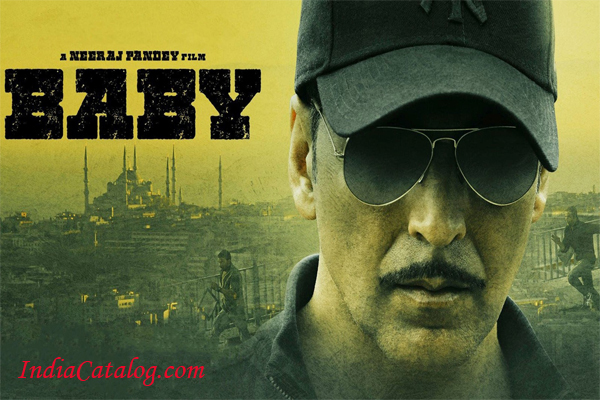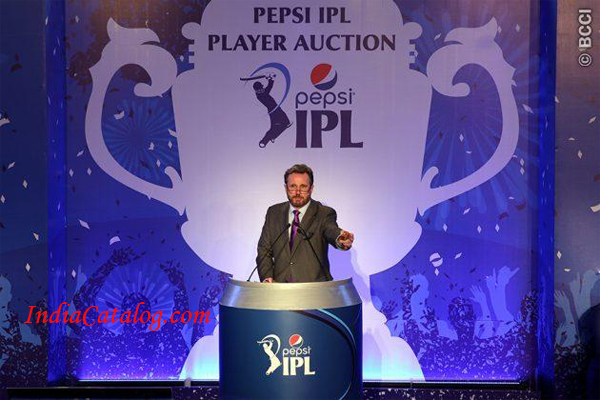India slams BBC for calling terrorists 'militants' in Pahalgam reportage
.webp)
The Centre has written a formal letter to British public broadcaster BBC over its reportage on the Pahalgam terror attack, objecting to the use of the word "militants" to describe "terrorists".
In a communication to Jackie Martin, who is the India head of the BBC, the Ministry of External Affairs said, “A formal letter has been sent to the BBC on terming terrorists as militants. The External Publicity Division of the MEA will be monitoring the reporting of the BBC.”
BBC's coverage of Pahalgam terror attack
The British broadcaster has done extensive coverage on the April 22 terror attack at Pahalgam in Jammu and Kashmir, in which 26 people - mostly tourists - were killed. The reports carried words such as "militants" and "gunmen" to describe terrorists, who fired indiscriminately at the batch of tourists.
For instance, a BBC report described the terrorists as "gunmen", stating: “A huge manhunt is under way for the militants suspected of carrying out the killings.”
The report even described Lashkar-e-Taiba, a designated terrorist organisation based in Pakistan, as a "militant group". "Police say all the three are members of the Pakistan-based militant group Lashkar-e-Taiba (LeT)," a line in the BBC report read.
India government vs BBC
This is not the first time the Indian government has raised concerns over the BBC's India operations. In January 2023, the Centre criticised the BBC after it released a controversial documentary titled 'India: The Modi Question', which showed Prime Minister Narendra Modi's alleged role during the 2002 Gujarat riots.
The Ministry of External Affairs labelled the film a “propaganda piece” that reflected a “colonial mindset” and promoted a discredited narrative.
The documentary was blocked in India under emergency laws, with the government directing platforms like YouTube and Twitter to remove links, citing potential harm to public order and India's image abroad.

.webp)
.webp)
.webp)
.webp)
.webp)
.webp)
.webp)
.webp)
.webp)
.webp)










